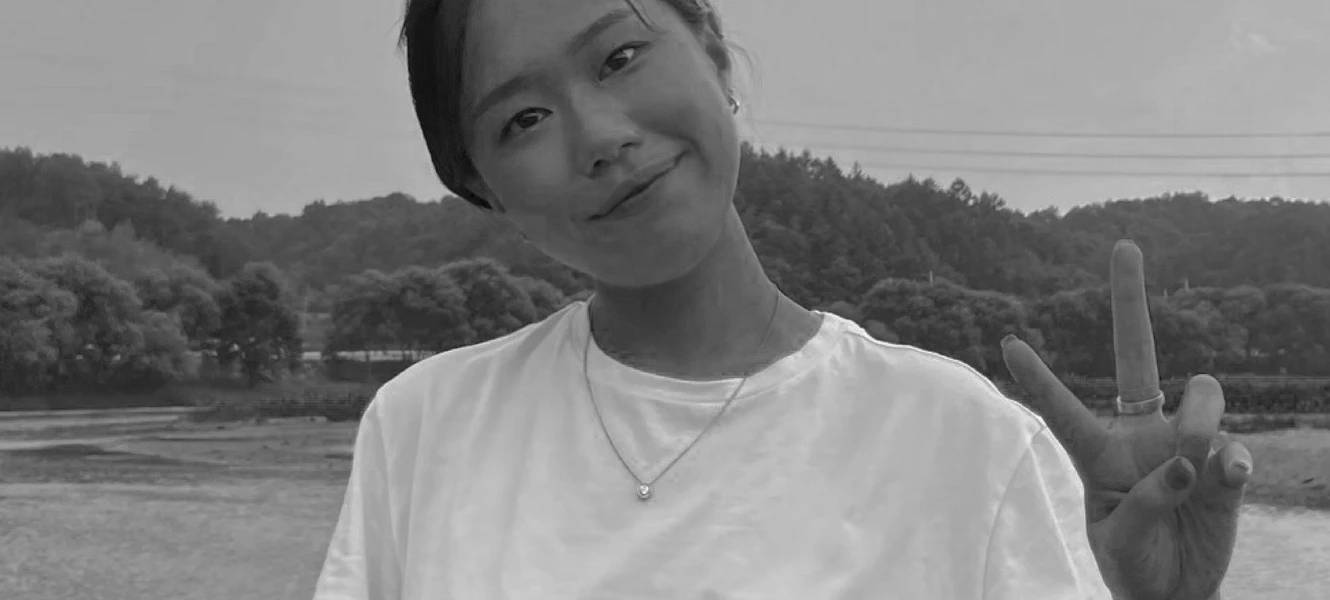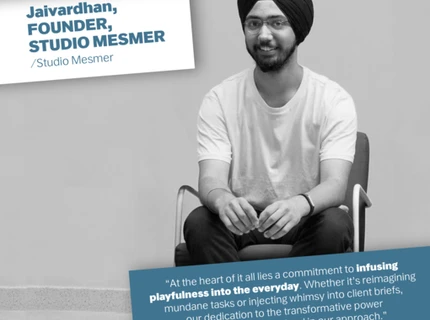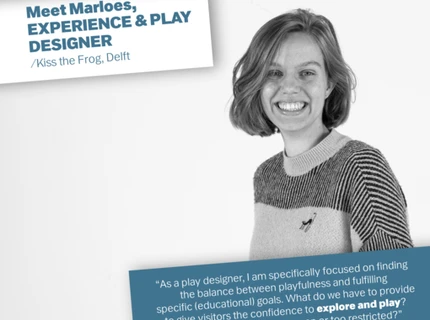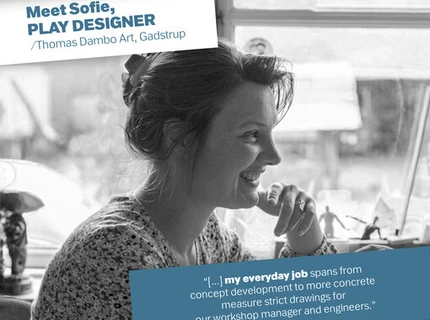
Meet Design for Play alumnus Ahyeon Lee
Meet Design for Play alumnus Ahyeon LeeCurious about career opportunities after completing a master’s degree in Design for Play? In this interview series our alumni share their post-graduation experiences. Meet Ahyeon Lee and learn about her career path and how her time at Design School Kolding influenced it.
To begin, tell us a little about yourself!
Hi, I’m Ahyeon Lee from South Korea and recently located in Daejeon, South Korea. I have a master’s degree in Textile Design, focusing on Design for Play from Design School Kolding and a bachelor’s degree in Textile Design, and Fashion and Textile International Business from Keimyung University in Daegu, South Korea.
Can you tell us something about your professional journey as a Play Designer?
It’s now been two years since I’ve started working as a play designer, more specifically, as a graphic designer, in a company called H2K (Happiness to Kids), which is located in Daejeon. The company is a social venture, which was founded in 2017 to give the happiness of learning to kids, especially those who are struggling with dyslexia. It has been working on a mobile application called ‘Sojunghangeul’ (Precious Korean) for children and ‘BB’ (Best way to learn Basic Korean) for non-Korean speaking adults. I worked almost one and a half years in the ‘Sojunghangeul’ team and designed various games, characters, and books for children as a graphic designer. Currently, I’ve moved to the ‘BB’ team and am also doing similar tasks but as a UI/UX designer.
Tell us about the value you bring as a play designer to your workplace. What has been the role of the master in getting you where you are today?
Value 1: Playful design is more than just being playful. It’s quite important to remember that playful approach, especially, when it’s related to education, it’s more than just being playful. It’s always good to have some rules or design disciplines to keep the most important thing in mind whilst designing. In H2K, we design for educationally unprivileged children, so we always try to say “It’s okay not to be perfect and embrace your imperfections” by building up a really firm storyline. Also, we have another discipline to avoid any kinds of discrimination (e.g. characters have no gender)
Value 2: Value the process. To make a simple game, we go through at least 6 steps and involve a lot of professionals in various areas. We value everyone’s opinion and try to have a meeting regularly. You might think this is a common step but it’s very rare in South Korea. Also, that’s what I’ve learned from the school; group projects, discussing, and the power of presentation.
Value 3: Never underestimate the power of children. Never-ever underestimate the power of children. They’re full of surprises. You can either ignore their ideas, thinking they’re too childish, or make them into a huge chance for your project. We’ve been actively involving real users, who are children, to test our application and accepting a lot of ideas and advice from them and also from their parents. Value 4: Playful environment. Play tends to be considered only for kids or for their education and development. But we, as professionals, should keep in mind that a playful mindset, working environment, colleagues, and thinking process, including co-creation, will bring up playful results in the end.
Let’s reflect on your time in Kolding. What are your favourite memories, and are there other things you’d like to share?
When I was about to start writing my final thesis, Covid-19 hit Europe. It was such a struggle since I was doing a collaboration with children in Horsens hospital. I couldn’t meet the children, and the school was completely closed. It was frustrating but I had to find another way to do it; digital prototyping, interviews through zoom calls, and more reading! It was a very unexpected situation for everyone in the world but people who guided me through from Design School Kolding really helped me a lot and all of us tried so hard to find a new way of researching and it made me able to finish my final thesis really successfully. People from Design School Kolding were not afraid of doing new things and everyone would gladly help you out. I met so many international friends, and we still keep our friendships really strong. We still share what we’ve been doing, and it’s always interesting to listen to them and their different backgrounds. It broadens my perspective. Being in an international course brought so many precious memories and experiences beyond just education.
Do you have any advice to give to someone undertaking this educational path?
Me, as a person who had spent an entire life in South Korea, under the extreme education environment, I struggled a little bit in the beginning. I was so focused on getting a good grade, barely valuing the process. Design School Kolding taught me design from the beginning, from how to think to how to make. Yes, play is broad but vague. I was like “How am I going to get a job as a Play Designer?”, “What exactly is a Play Designer?” I couldn’t stop doubting myself and what I’d learned. But now I found myself using all the knowledge I’ve got from Design School Kolding in H2K without even realizing. I said “Play is broad but vague” but I would like to say it differently now, “Play has a broad application ability as much as it's broad.”. Maybe it’s more important to think about how you’re going to use Play in a different way rather than pushing yourself by saying “I want to be a Play Designer!”.


